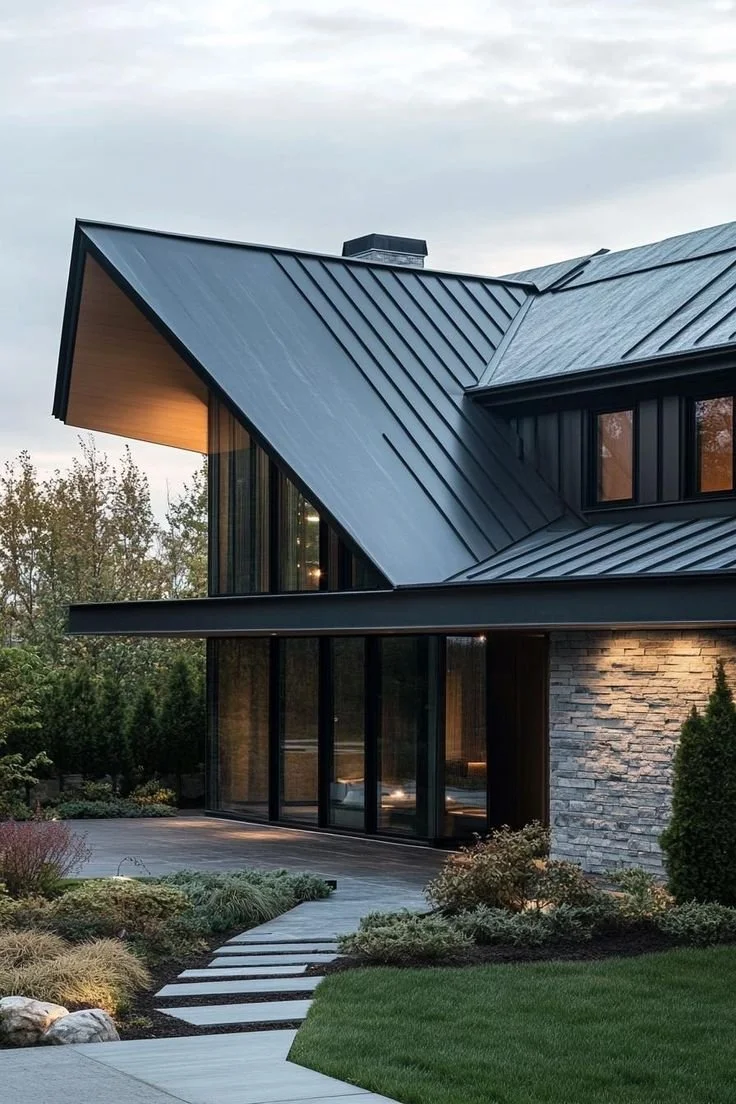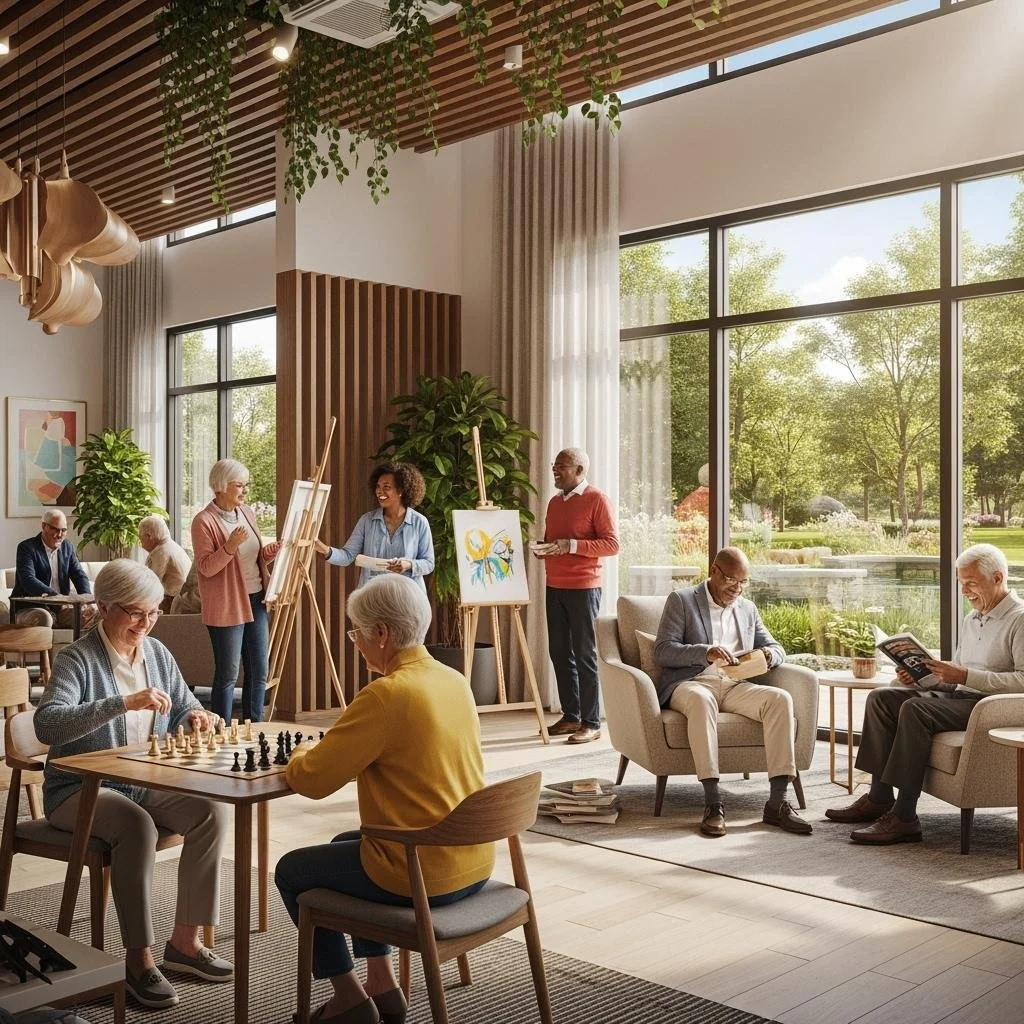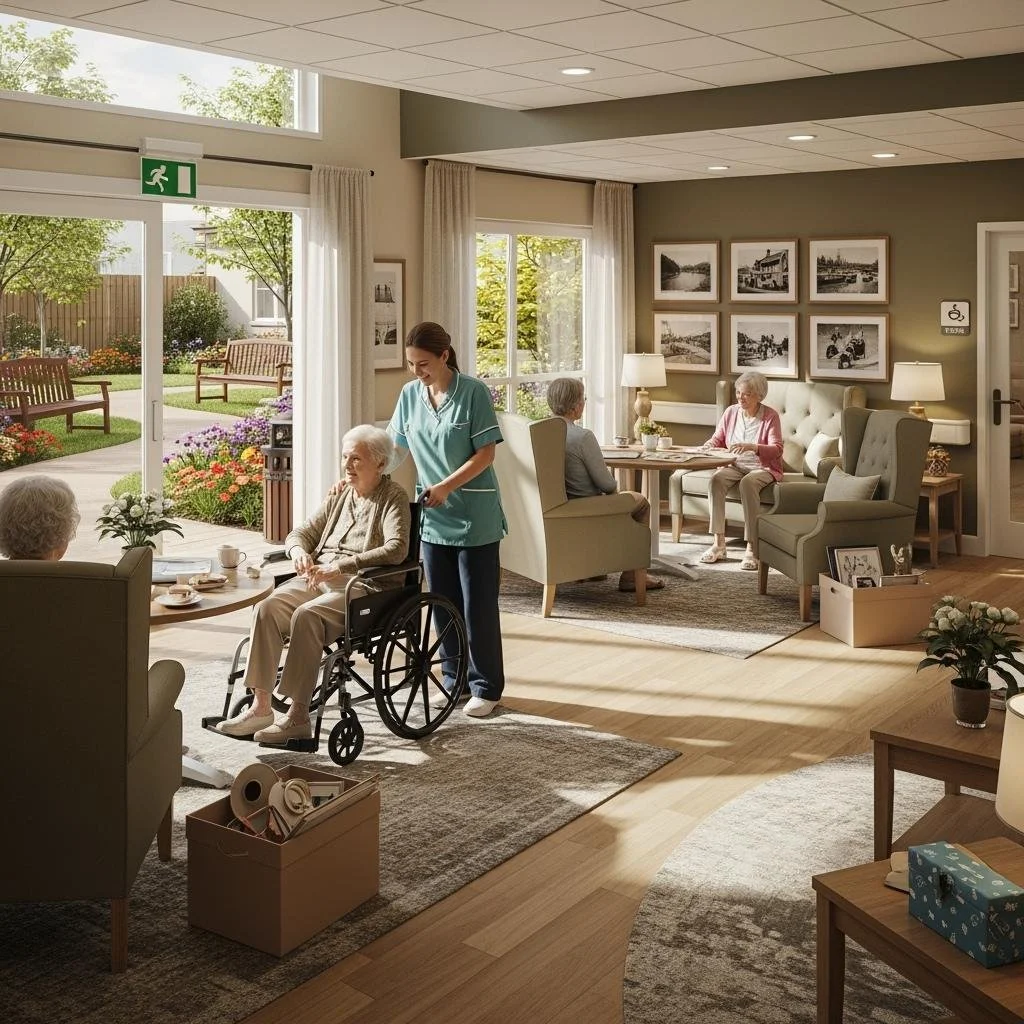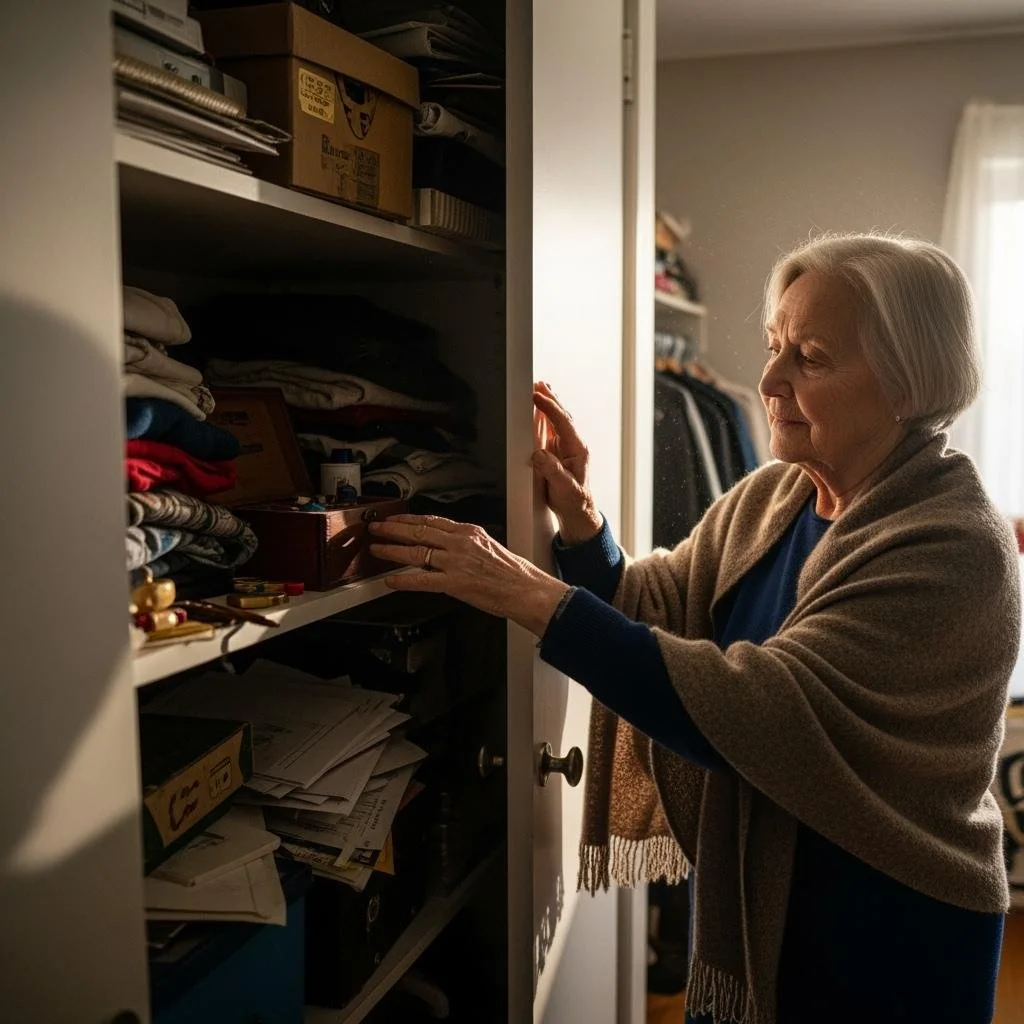Recovery Care For The Elderly When Home Care Isn't An Option
As people age, their need for specialized care and support increases significantly during recovery from illness, surgery, or injury. While many seniors prefer to recuperate in the comfort of their homes, this isn't always a feasible option due to medical complexity, safety concerns, or lack of adequate home care support. In such cases, alternative recovery care options become essential to ensure optimal healing and quality of life for elderly individuals.
In this article, we delve into various alternatives to recovery care for the elderly when home care isn't a feasible option.
No. 1
Inpatient Rehabilitation Facilities
Inpatient rehabilitation facilities (IRFs) are specialized centers that provide intensive rehabilitation services for elderly patients recovering from significant medical events such as strokes, hip fractures, or major surgeries. These facilities offer a multidisciplinary approach, including physical therapy, occupational therapy, and speech therapy, all tailored to meet each patient's specific needs.
The structured environment of an IRF ensures that seniors receive around-the-clock medical supervision and care, reducing the risk of complications and promoting faster recovery. The comprehensive care plan in an IRF not only focuses on physical rehabilitation but also addresses the emotional and psychological aspects of recovery, helping seniors regain independence and confidence.
No. 2
Skilled Nursing Facilities
Skilled nursing facilities (SNFs) provide a higher level of medical care than standard nursing homes. They are ideal for elderly patients who require continuous medical monitoring and specialized nursing care. SNFs offer a range of services, including wound care, medication management, intravenous therapy, and physical rehabilitation.
The presence of licensed nurses and medical professionals ensures that any medical issues can be promptly addressed. Additionally, SNFs often have on-site physical and occupational therapists who work with patients to improve mobility and perform daily activities independently. This holistic approach to recovery care ensures that seniors receive the comprehensive support they need to heal and thrive.
No. 3
Assisted Living Facilities with Rehabilitation Services
Assisted living facilities (ALFs) that offer rehabilitation services provide an excellent option for seniors who need some assistance with daily activities but do not require intensive medical care. These facilities combine the benefits of a supportive living environment with access to rehabilitative therapies.
Residents in ALFs such as morriscare.co.uk receive help with personal care, meals, and housekeeping while participating in physical, occupational, or speech therapy sessions as needed. The social environment in ALFs also plays a crucial role in recovery, as interaction with peers and participation in group activities can significantly enhance mental and emotional well-being.
No. 4
Acute Care Hospitals
For elderly patients with complex medical conditions, acute care hospitals provide critical care and recovery services. These hospitals are equipped to handle severe and life-threatening conditions that require immediate and intensive treatment. Elderly patients in acute care hospitals receive comprehensive medical, surgical, and rehabilitative care tailored to their specific needs.
Acute care hospitals also have the advantage of access to advanced medical technology and specialists, ensuring that patients receive the best possible care. Once the patient's condition stabilizes, they may be transferred to an IRF, SNF, or ALF for further rehabilitation and recovery.
No. 5
Hospice and Palliative Care
In cases where recovery is not possible, and the focus shifts to providing comfort and improving quality of life, hospice and palliative care services become essential. These services are designed to address the physical, emotional, and spiritual needs of elderly patients with terminal illnesses or chronic conditions.
Hospice and palliative care teams provide pain management, symptom control, and emotional support to both patients and their families. These services can be delivered in hospice centers, specialized facilities, or within other care settings, ensuring that patients receive compassionate care during their final stages of life.
Takeaways
When home care isn't an option, recovery care for older adults must adapt to meet seniors' diverse and complex needs. Inpatient rehabilitation facilities, skilled nursing facilities, assisted living facilities with rehabilitation services, acute care hospitals, and hospice and palliative care provide comprehensive and specialized care environments. These options ensure that elderly patients receive the medical, emotional, and social support necessary for optimal recovery and quality of life.
By choosing the appropriate recovery care setting, families and healthcare providers can help elderly individuals navigate their recovery journey with dignity, comfort, and the best possible outcomes.






























